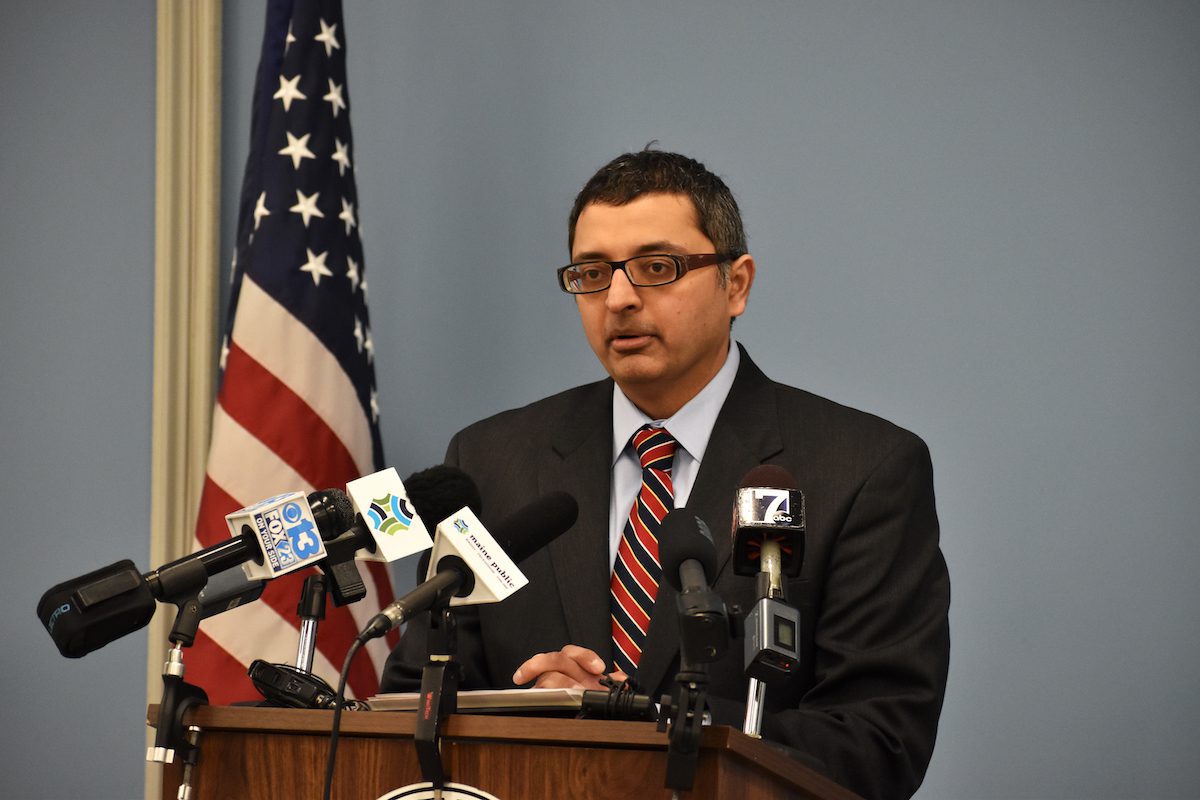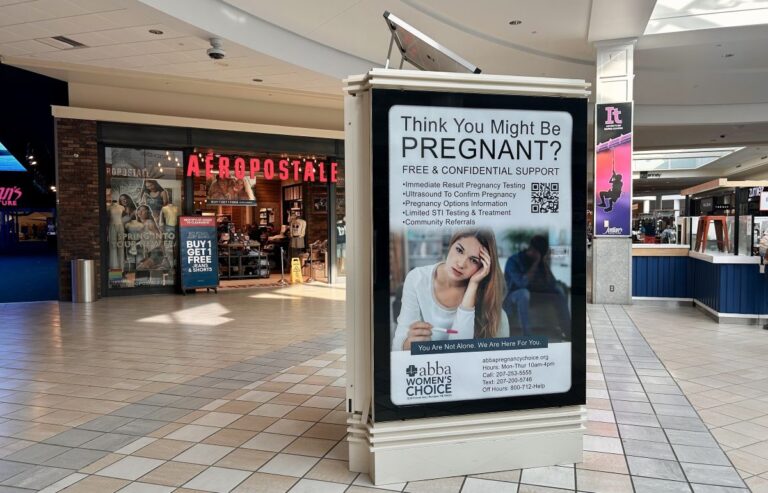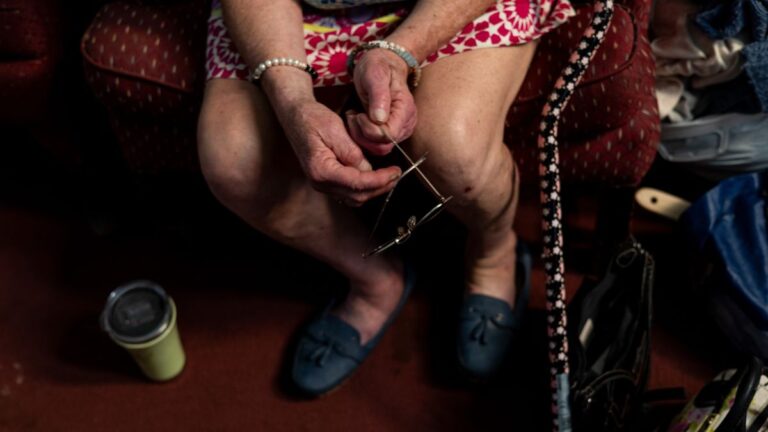As COVID-19 hospitalizations in Maine continue to decline, the state’s top public health official warned not to be “seduced” by the impression of smaller and smaller surges.
It seems like each time COVID-19 surges there’s a lower peak, but “there’s nothing written in stone that says it will be that way going forward,” Dr. Nirav Shah, director of the Maine Center for Disease Control and Prevention, told The Maine Monitor this week.
“There could very, very, very easily be a mutant of COVID that comes up that has the contagiousness of Omicron, with the ferocity — the ability to knock you on your backside — that Delta did,” Shah said. “Those two could spawn some new evil variant that would cause us to go pretty far back into where we were before.”
Maine could be in a COVID-19 lull for a while, but the pandemic likely will ramp back up in the fall or winter, Shah said. This could be due to seasonal conditions, another new variant or social factors like a superspreader event. COVID-19 will be cyclical, ebbing and flowing, for the next couple of years.
“Public health will have to ratchet things up and we’ll have to ratchet things down,” he said.
Since the start of the pandemic, 2,409 Mainers have died and the state has recorded 267,956 cases of COVID-19.
About 78% of Mainers have been fully vaccinated, according to state data, making Maine one of the most vaccinated states.
During the current respite, Maine CDC is ramping up other health needs that received less attention during the pandemic. Shah said he is refocusing on lead poisoning in kids, substance use and PFAS contamination.
The unpredictability of COVID-19, however, makes it difficult to prepare for a virus that could “rear its head in a really ugly way at some point in the future.” For instance, Maine CDC is currently thinking about how many contact tracers to keep on staff.
More than two years into the pandemic, Shah said he is involved in some national groups evaluating the public health response, such as vaccination and testing. However, another area to look at could be how public communication varied across states, and whether that impacted the pandemic outcomes.
Maine last week was named 14th in the country for the performance of its health systems during the pandemic, based on rankings from the Commonwealth Fund that considered vaccination rates, hospital capacity and death rates.
Shah said he’s proud of the work Maine CDC did to “keep people generally singing from the same songbook when it comes to COVID,” but it’s difficult to know how much of a difference that made.
“Part of me wonders whether our very outward facing communication made a difference, but the quantitative math guy in me always comes back to: I don’t know,” he said. “It’s very difficult to measure the impact of any particular tweet, press conference or TV ad.”
Shah frequently posts long threads on Twitter, laying out information, graphs and data about COVID-19 and vaccines.
But he also has a skeptical view of the social media platform. Earlier this year, when wealthy businessman Elon Musk first floated the idea of buying Twitter, Shah tweeted, “(Twitter is) already the worst place imaginable. I suppose the fear is that Twitter will cease being a Utopia where ideas are debated with seriousness, civility, and respect. A place where minds are changed.”
“How can that guy possibly make it worse?” Shah said this week, with a laugh.
Misinformation is rampant on Twitter, but Shah said it’s not his intention to correct all of it because that’s an impossible task.
“(My goal) is to find people who are in the middle and who genuinely don’t really know what’s right or wrong, or correct or inaccurate, and to present information that is factual, neutral, generally well-sourced or well-cited,” he said.
There’s not a good way to know whether it’s successful, but that’s the case with any kind of communication, Shah said. Unless you sit down one on one with someone, “you never quite know whether you’re out there changing hearts and minds. But that’s okay.”
Rose Lundy is the health reporter for The Maine Monitor and can be reached via email at gro.r1765136845otino1765136845menia1765136845meht@1765136845esor1765136845.








